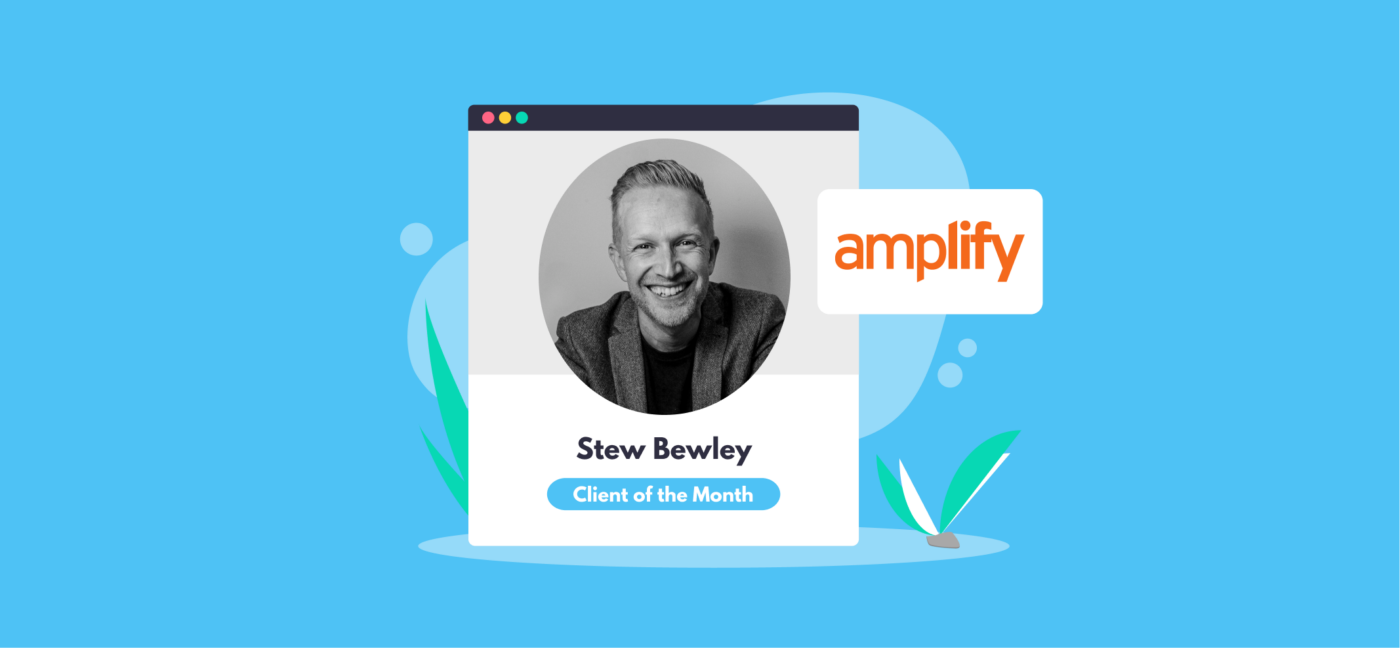

Do You Pay National Insurance on Pension Income?
You’ll stop making National Insurance Contributions when you reach state pension age, so you won’t normally need to pay NI on any pension payments or other income. You might still have to pay income tax though, if your taxable income exceeds the personal tax allowance.
National Insurance (NI) for retiring self-employed people
You won’t continue to make NI contributions once you reach state pension age, although you may still have to pay Class 4 NI for the remainder of the tax year in which you retire if you are self-employed and your earnings hit the Class 4 NI threshold (also known as the Lower Profits Threshold – £12,570).
If you’re planning to retire from your own business, remember to let HMRC know that you have stopped working! You will need to send them your final Self Assessment tax return, covering the period until you finished working.
When does National Insurance start and stop?
National Insurance Contributions are payable from the age of 16 until state retirement age. The amount of NI that you have to pay depends on how much money you earn, and whether you’re employed or self-employed.
This means that you could continue working past state retirement age, or even retire from employment and set up your own business, and won’t need to pay National Insurance!
What happens if I retire early?
Plenty of people retire before state retirement age. It might be possible to receive your pension early if you have one through your employer or if you have a private pension as a self-employed person. You’ll be able to check this with your employer or pension scheme provider, but be aware that there might sometimes be tax implications for taking money out of your pension pot early.
Early retirement might also mean that the amount of state pension you eventually receive is less. This is because you might not have made enough NI contributions. You can check your National Insurance record online using your Personal Tax Account to see how many qualifying years of contributions you have made.
Learn more about our online accountancy services for businesses. To talk to one of the team, call 020 3355 4047, request a free call back, or get an instant online quote.
Want to learn more?
Subscribe to our newsletter to get accounting tips like this right to your inbox

Read more posts...

April 2025 Client of the Month: Amplify Presentations Ltd
23rd April 2025This month we spoke to Stewart Bewley, Director of Amplify Presentations Ltd! Amplify | LinkedIn Hey Stewart! Tell us about your business I…
Read More
Bookkeeping for Sole Traders
22nd April 2025Becoming a sole trader is exciting, but before you start it’s important to understand what being one actually means, as well as…
Read More
The Accountancy Partnership – Our Positive Reviews
17th April 2025We’re proud of our customer reviews here at The Accountancy Partnership The reviews we receive from our customers show how hard we…
Read MoreConfirm Transactions
The number of monthly transactions you have entered based on your turnover seem high. A transaction is one bookkeeping entry such as a sale, purchase, payment or receipt. Are you sure this is correct?
Please contact our sales team if you’re unsure
VAT Returns
It is unlikely you will need this service, unless you are voluntarily registered for VAT.
Are you sure this is correct?
Call us on 020 3355 4047 if you’re not sure.
Bookkeeping
You will receive our bookkeeping software Pandle for free, as part of your package.
You can use this to complete your own bookkeeping, or we can provide a quote to complete your bookkeeping for you.
Please select and option below:
Call us on 020 3355 4047 if you’re not sure.


I plan to retire at 60 in 2022. I have an NHS pension but can’t get my state pension until I’m 67. Will I still pay NI contributions until I get my state pension? I will have paid in 44 years of full NI contributions. Also will I pay tax on my lump sum from my NHS pension?
Hi Jean, thanks for your message. You don’t pay National Insurance contributions (NICs) on any payments that you receive from a pension scheme, including an annuity, but you may be liable to income tax on these payments. You will continue to pay NI on income such as employment and self employment until you reach state pension age. Pensions are taxable income, but you can take 25% tax free. Pension providers often issue a P60 and sometimes they deduct tax. There is a P55 form that can be filled in to reclaim tax on flexibly accessed pensions. It’s a bit of… Read more »